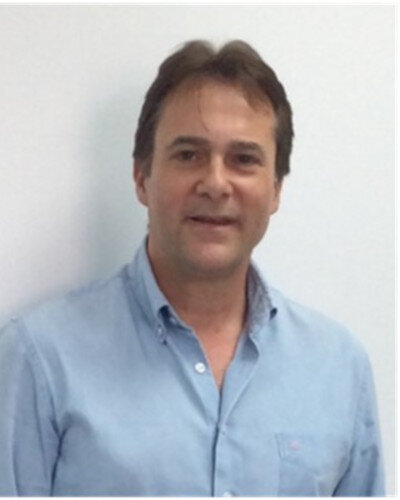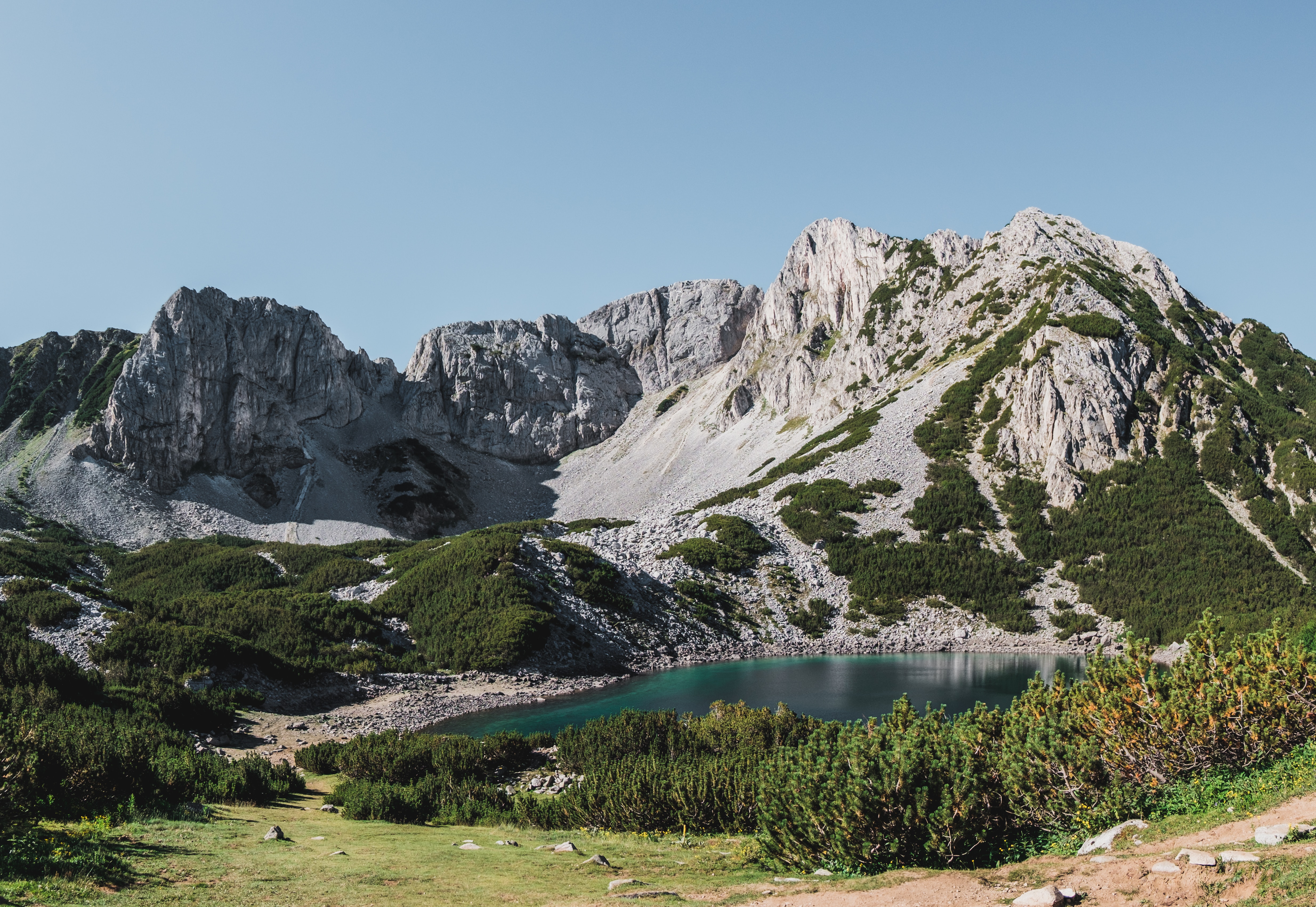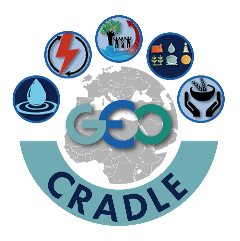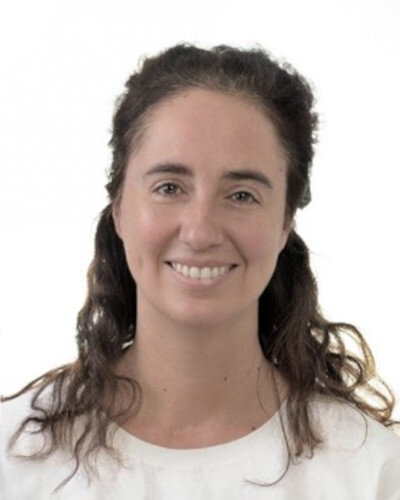

GEO Capacity Building in the Balkans, Black Sea, Middle East, Africa, and Pacific Asia Regions

Concept
The purpose of the GEO-CRADLE Enabler is to coordinate sustainable GEO capacity-building action and support feasibility studies for demonstrating the value of EO, leveraging GEO and EuroGEO innovation in the Balkans, Black Sea, Middle East, Africa, and Pacific Asia regions.
It is strongly motivated by the need to capitalize on, sustain, and scale up the important results achieved by European activities:
e-shape H2020 Project, which brought together key European actors to ensure the optimal implementation of EuroGEO and the delivery of EO-based benefits to a wide range of stakeholders in key societal areas.
The EuroGEO Disaster Resilience and Health Action Group, including the Early Warning System for Mosquito Borne Diseases (EYWA), Winner of the first EIC Horizon Prize on Early Warning for Epidemics, a prototype system addressing critical public health needs in Europe, Sub-Saharan Africa, and beyond.
GEO-CRADLE will receive strong support through the engagement of new, large, and skilled EO communities:
- The scientific communities, in cooperation with IEEE-GRSS, a community of researchers, academicians, and practitioners collaborating and designing tools to understand our interaction with Earth’s ecosystems, monitor Earth’s environments, oceans, and ice caps, and characterize potential risks by exploiting EO and big data.
- The Indigenous communities, in cooperation with the GEO Indigenous Alliance, which protects and conserves Indigenous Cultural Heritage by using EO science, data, and technology to create a knowledge base that sustains the Earth we live on.
- The volunteer and societal communities, in cooperation with HOT, an international team dedicated to humanitarian action and community development through open mapping, working together with local communities and Indigenous people in Africa, Asia, and the Pacific.
- UN-SPIDER, which conducts international workshops, training courses, and pilot projects and also prepares and distributes reports, studies, and publications for the benefit of developing nations.
- Digital Earth Africa, which provides open data and infrastructure, processes openly accessible and freely available EO data, leveraging and building on existing capacity, working closely with the AfriGEO community to produce decision-ready products in response to the information needs, challenges, and priorities of the African continent, and also implements a capacity-building program for all African countries, targeting multi-sectoral users.
- Digital Earth Pacific, which provides decision-makers with the information needed to make sound decisions addressing the Pacific’s challenges, most notably climate change, food security, and disaster, using EO at scale to achieve sustainable development.
- The private sector, with the SMEs of the GEO-CRADLE network, the EuroGEO Disaster Resilience and Health Action Group, EARSC, EDGE, which provides state-of-the-art EO products and services, as well as tailor-made technical support and training, and Healthsites, building a global commons of health facility data by making OpenStreetMap useful to the medical community and humanitarian sector.
- The ERATOSTHENES Centre of Excellence, a hub for EO activities in the Eastern Mediterranean area (North Africa and the Middle East).
Objectives
- Analyzing and assessing the EO needs and priorities in the regions under consideration and reporting on the existing EO gaps to build an inclusive action and intelligence for all, by running maturity assessment studies in EO, leveraging the GEO-CRADLE methodology, which is widely used and serves as the methodological standard today.
- Mapping the existing EO observational capacities and skills and developing a roadmap for integrating them at a regional scale for the benefit of all.
- Identifying stakeholder and decision-making communities and practitioners, and reporting on the EO gaps; concluding on needed training and curriculum support locally in the specific GEO Focus Areas (Weather, Hazard, and Disaster Resilience and One Health).
- Training young professionals and motivating the creation of EO curricula. Delivering training workshops and advancing the level of trainers, users, and practitioners on the use of EO locally. Focusing on the use of GEO, EuroGEO, and Copernicus, as well as the exploitation of data, expertise, tools, capacities, training, and skills offered by the collaborating Institutions, namely Digital Earth Africa, Digital Earth Pacific, UN-SPIDER, IEEE-GRSS, EARSC, HOT, and the GEO Indigenous Alliance.
- Increasing awareness about EO and supporting the uptake of GEO, Copernicus, and EuroGEO solutions with the support of Digital Earth Africa, Digital Earth Pacific, EDGE, HOT, Healthsites, UN-SPIDER, EARSC, the GEO Indigenous Alliance, the GEO Disaster Risk Reduction WG and the GEO Capacity Development WG. Considering how user experiences can be transformed through various elements of the EO value chain, such as data collection (improving timeliness for quicker decision-making), data processing (using AI for more accurate results), co-design (using citizen science for real-world impact), and decision support (using automated alerts for non-experts to leverage EO).
- Facilitating cooperation among three Regional GEOs: EuroGEO, AfriGEO and AOGEO.
Points of Contact

